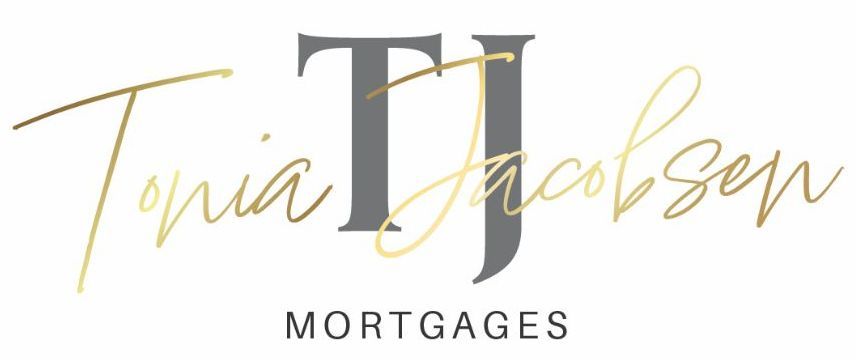Going From A Variable Rate To A Fixed Rate Mortgage
If you have a variable rate mortgage and recent economic news has you thinking about locking into a fixed rate, here’s what you can expect will happen. You can expect to pay a higher interest rate over the remainder of your term, while you could end up paying a significantly higher mortgage penalty should you need to break your mortgage before the end of your term.
Now, each lender has a slightly different way that they handle the process of switching from a variable rate to a fixed rate. Still, it’s safe to say that regardless of which lender you’re with, you’ll end up paying more money in interest and potentially way more money down the line in mortgage penalties should you have to break your mortgage.
Interest rates on fixed rate mortgages
Fixed rate mortgages come with a higher interest rate than variable rate mortgages. If you’re a variable rate mortgage holder, this is one of the reasons you went variable in the first place; to secure the lower rate.
The perception is that fixed rates are somewhat “safe” while variable rates are “uncertain.” And while it’s true that because the variable rate is tied to prime, it can increase (or decrease) within your term, there are controls in place to ensure that rates don’t take a roller coaster ride. The Bank of Canada has eight prescheduled rate announcements per year, where they rarely move more than 0.25% per announcement, making it impossible for your variable rate to double overnight.
Penalties on fixed rate mortgages
Each lender has a different way of calculating the cost to break a mortgage. However, generally speaking, breaking a variable rate mortgage will cost roughly three months of interest or approximately 0.5% of the total mortgage balance. While breaking a fixed rate mortgage could cost upwards of 4% of the total mortgage balance should you need to break it early and you’re required to pay an interest rate differential penalty.
For example, on a $500k mortgage balance, the cost to break your variable rate would be roughly $2500, while the cost to break your fixed rate mortgage could be as high as $20,000, eight times more depending on the lender and how they calculate their interest rate differential penalty.
The flexibility of a variable rate mortgage vs the cost of breaking a fixed rate mortgage is likely another reason you went with a variable rate in the first place.
Breaking your mortgage contract
Did you know that almost 60% of Canadians will break their current mortgage at an average of 38 months? And while you might have the best intention of staying with your existing mortgage for the remainder of your term, sometimes life happens, you need to make a change.
Here’s is a list of potential reasons you might need to break your mortgage before the end of the term. Certainly worth reviewing before committing to a fixed rate mortgage.
- Sale of your property because of a job relocation.
- Purchase of a new home.
- Access equity from your home.
- Refinance your home to pay off consumer debt.
- Refinance your home to fund a new business.
- Because you got married, you combine assets and want to live together in a new property.
- Because you got divorced, you need to split up your assets and access the equity in your property
- Because you or someone close to you got sick
- Because you lost your job or because you got a new one
- You want to remove someone from the title.
- You want to pay off your mortgage before the maturity date.
Essentially, locking your variable rate mortgage into a fixed rate is choosing to voluntarily pay more interest to the lender while giving up some of the flexibility should you need to break your mortgage.
If you’d like to discuss this in greater detail, please connect anytime. It would be a pleasure to walk you through all your mortgage options and provide you with professional mortgage advice.




